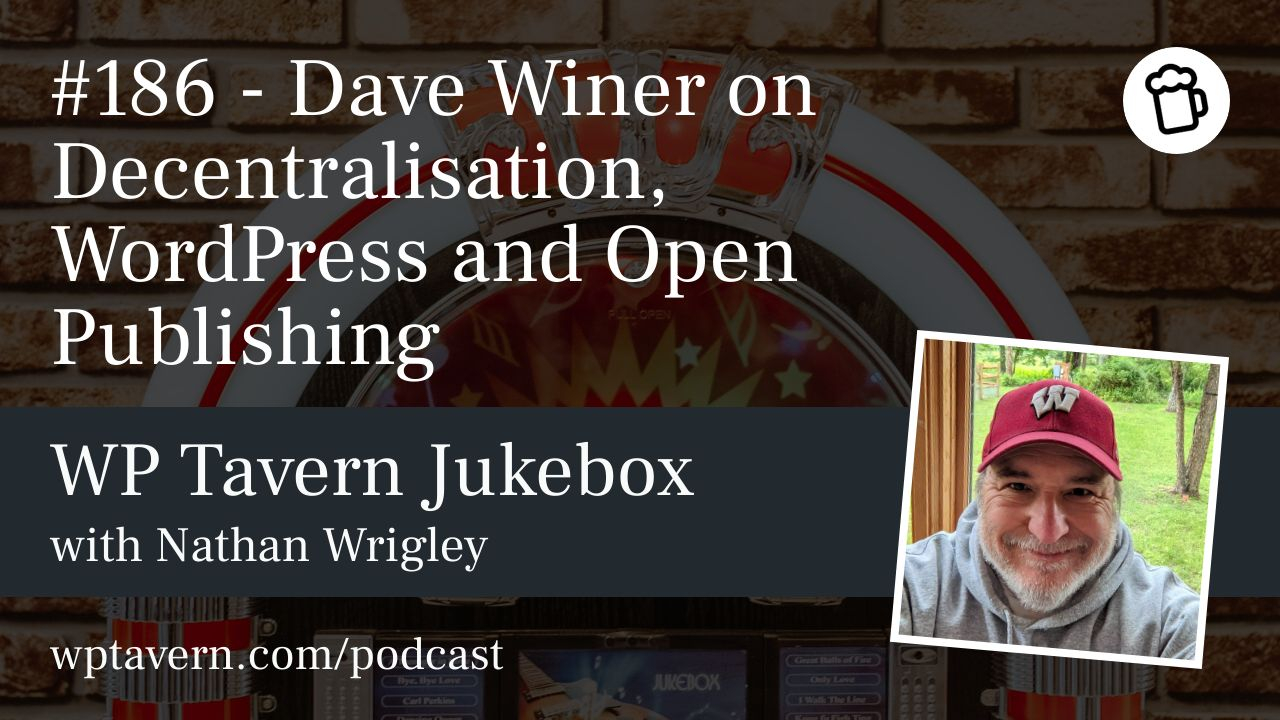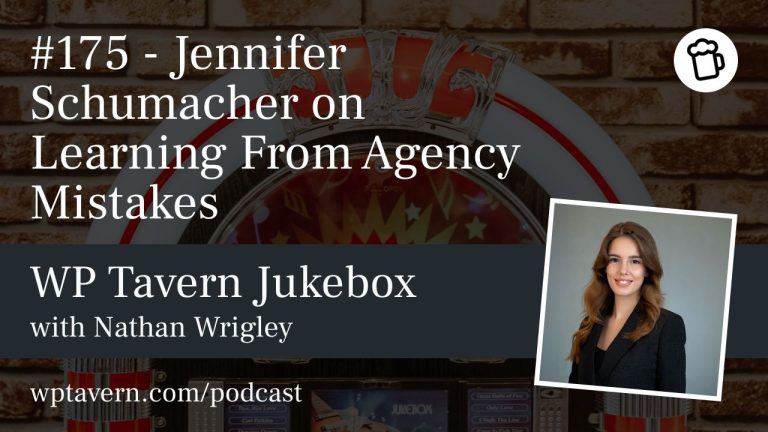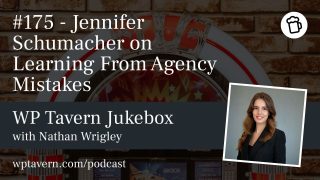Dave Winer, a software developer and longtime advocate for an open, interoperable web, joins the Jukebox Podcast to discuss the history, failures and possible future of online publishing. Winer’s work — including early contributions to RSS and podcasting — underpins much of how people subscribe to and consume web content today. He describes his career from graduate school in Wisconsin to Silicon Valley, meeting figures like Steve Jobs, building hit products such as MORE, selling a company, and returning to his true passion: building software that enables human communication.
Winer frames his interest in the web as “communication with a big C” — technology that genuinely connects people. He sees the web’s early years as idealistic and collaborative, but argues that the influx of money, venture capital, and the rise of companies focused on locking in users changed the landscape. Walled gardens — Facebook, Twitter (X), Google and others — offer convenience and network effects, but at the cost of interoperability, user control and the features writers need.
Central to Winer’s critique is the loss of the web’s defining characteristics: the ability for third parties to extend platforms without permission, stable links and the power for authors to direct readers to external expertise. He highlights how platforms removed or limited features (hyperlinks, editing, length) and created barriers to freedom of movement for content and users. Twitter’s single-click subscription and simple UI succeeded in part because RSS and earlier blog tooling required awkward steps to subscribe. That convenience, Winer says, helped centralize attention.
Rather than nostalgia alone, Winer offers concrete proposals and prototypes to reintroduce openness with modern usability. Two related efforts he discusses are Textcasting and Wordland, plus work on Feedland (a feed backend). Textcasting (textcasting.org) is a manifesto and requirements document for what modern writer-focused interoperable text services should support. The short list of features Winer insists on:
– Optional titles.
– Links.
– Simple styling (bold, italics).
– Enclosures (audio, files — enabling podcasting).
– Unlimited length (no strict character caps).
– Editable posts (authors can change their content).
– Markdown as the canonical text format.
Winer emphasizes markdown as the “mp3 of text” — a simple, keyboard-friendly format that should be universally supported in feeds and social publishing. He regrets that RSS predates markdown and couldn’t make markdown the native payload, but his work makes RSS carry markdown now. He argues for inbound as well as outbound RSS support on networks, so authors can publish from their site and readers can consume content wherever they prefer.
Wordland (wordland.social) is Winer’s minimalist writing tool built to work with WordPress. It focuses on writing and nothing extraneous, separating the authoring experience from the broader complexity of WordPress’s admin interface. Wordland stores content in markdown, supports categories and bookmarks, produces an RSS feed containing markdown, and is designed to avoid developer breakage. Winer wants writers to concentrate on first drafts without being distracted by configuration and navigation. Wordland’s server-side components are open source (MIT) and can be run by anyone; Winer will run a server initially to bootstrap usage but stresses there is no intent to lock users in.
Feedland is a feed backend Winer uses to provide realtime-ish feed capabilities and scale; he runs parts of this on Automattic VIP infrastructure and has been learning scalable server-side engineering. He stresses that interoperability depends on stable APIs and a mature codebase: on these fronts, WordPress is a strong foundation. Winer reframes WordPress as comparable to Mastodon or Bluesky in role — a text database and publish/subscribe endpoint where timelines and readers can be built. He points out WordPress’s commitment to backwards compatibility and developer stability as advantages for building an open social/web ecosystem.
Winer is also practical about community and adoption. He acknowledges that developers follow users, so early traction requires people to try these tools. He invites both users and developers: users to adopt Wordland and feeds, and developers to build on the open code. He expects the ecosystem to evolve through experimentation, with multiple timelines, readers and servers competing on features, performance and price. That competition will, he hopes, pressure commercial networks to support basic web features (markdown, editing, no arbitrary limits) if they want users.
On federated approaches (ActivityPub, Mastodon), Winer applauds WordPress plugins that bridge to Fediverse servers and sees them as aligned with Textcasting goals. He calls Automattic’s work connecting WordPress to ActivityPub “heroic” and says such plugins are important steps toward mainstream adoption of interoperable publishing. Still, Winer stresses that RSS is simple, open and sufficient as a core building block: feeds can be consumed by any reader or timeline, and RSS’s openness is a feature, not a limitation.
Winer rejects reliance on altruism alone but argues for a practical ethic: platforms that intentionally enable competitors deserve users’ trust. He warns about the power dynamic when large platforms collude with governments or gatekeep access, and sees WordPress’s decentralized nature as a hedge against such centralization. He’s clear that he isn’t trying to stop people from using Facebook or X — those services have value — but he wants an alternative path where writers own their content, can move freely, and can publish with the expressive tools they need.
On comments and moderation, Winer says comments are not central to his Textcasting spec; he believes comments can be handled elsewhere and has new ideas to address abuse and spam. His immediate focus is on creating a clean, writer-first publishing experience and ensuring content portability and interoperability.
Winer plans to demo his work (including Wordland and Feedland) publicly and invites the WordPress community and others to try the tools, give feedback and build. He expects ongoing development and invites listeners to follow progress, use the software, and contribute. The effort is intentionally open: code is available on GitHub, licensed permissively, and designed to avoid vendor lock-in.
In short, Winer’s message is a mix of history, critique and constructive action: the web once promised open interop and author freedom. Centralized platforms filled the convenience gap and captured attention. It’s now feasible to combine the convenience that made those platforms popular with the openness and portability of the web — using RSS, markdown, WordPress and a suite of interoperable tools — and Winer is building prototypes to prove it. He calls on writers, developers and communities to experiment, pressure networks to support essential features, and reclaim a more open publishing ecosystem.


